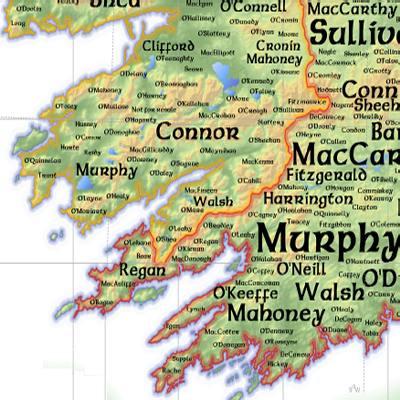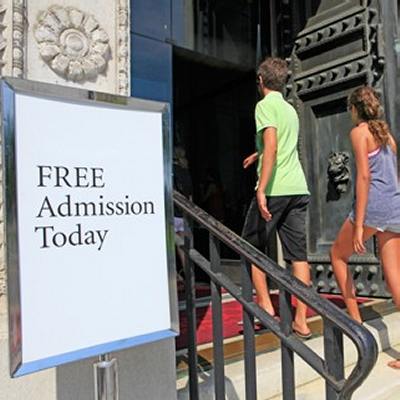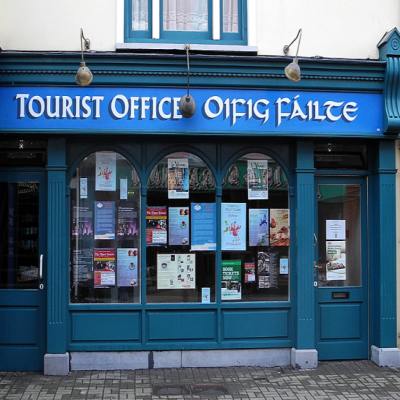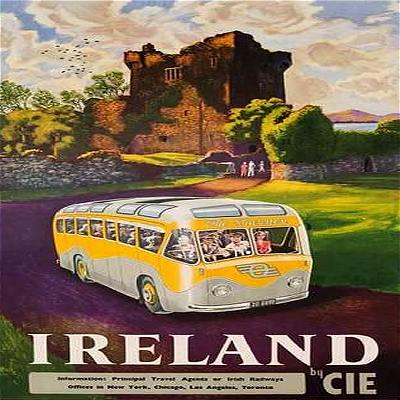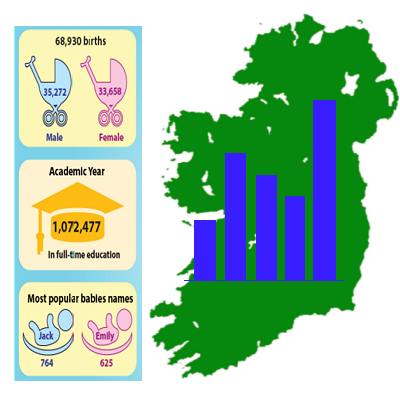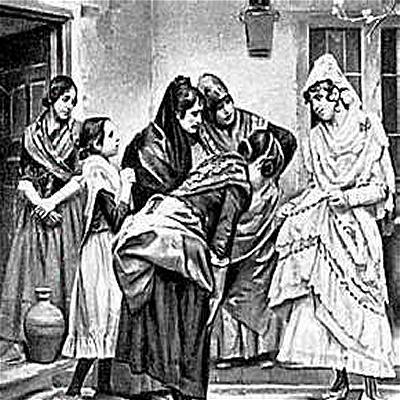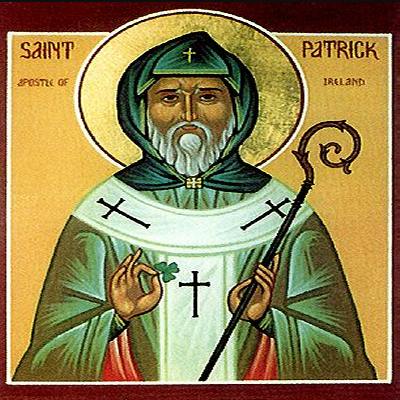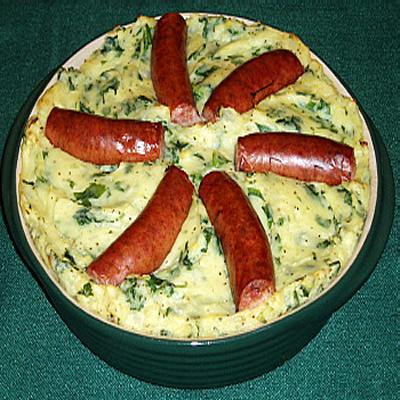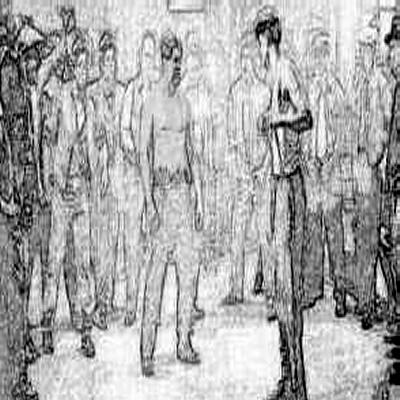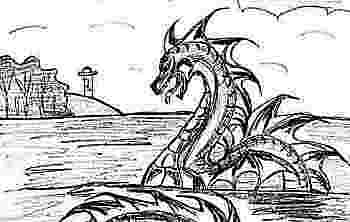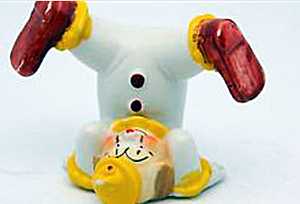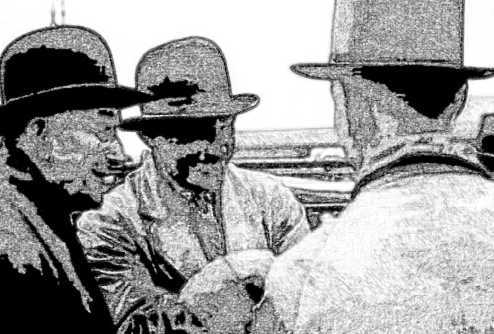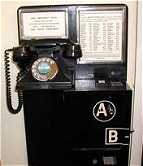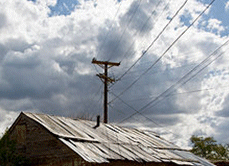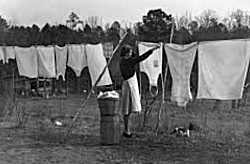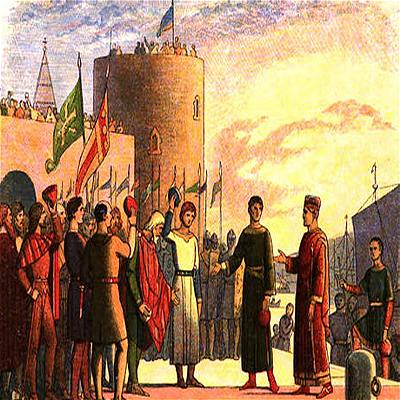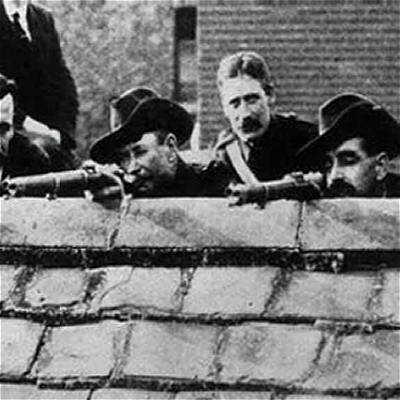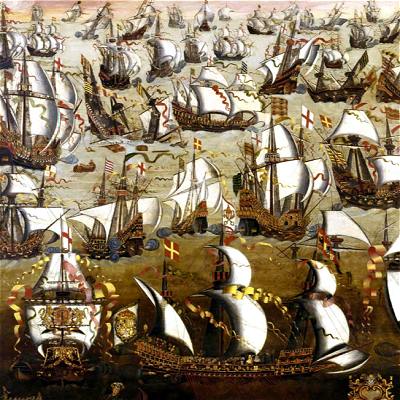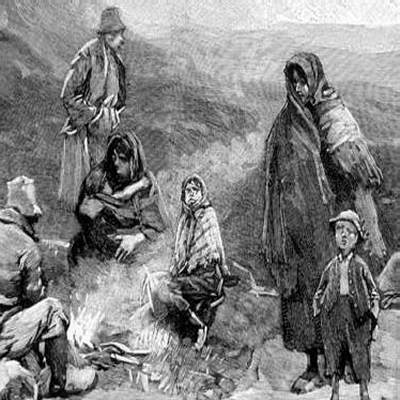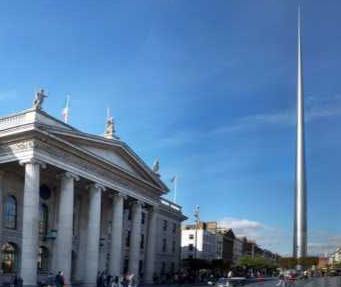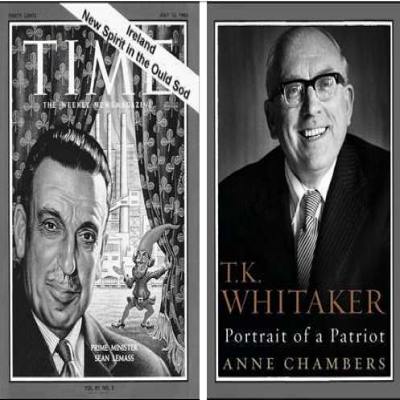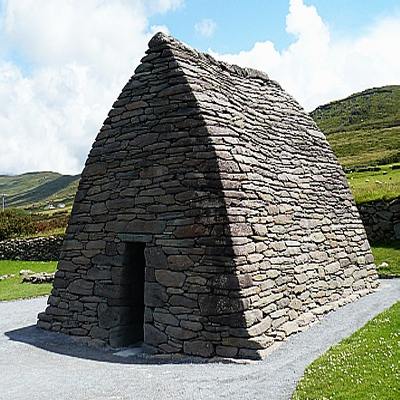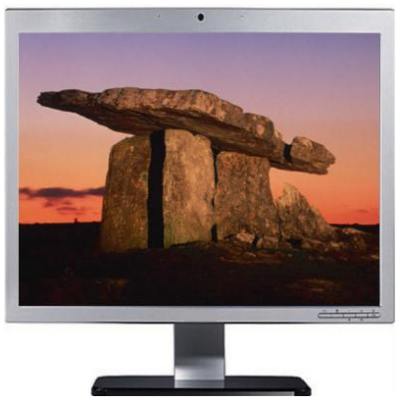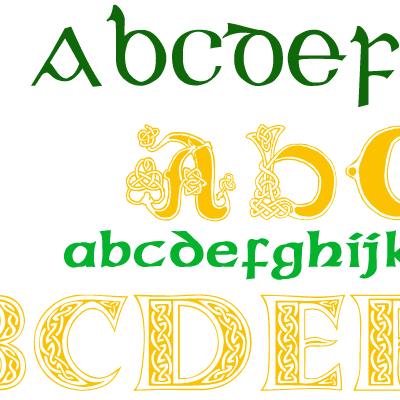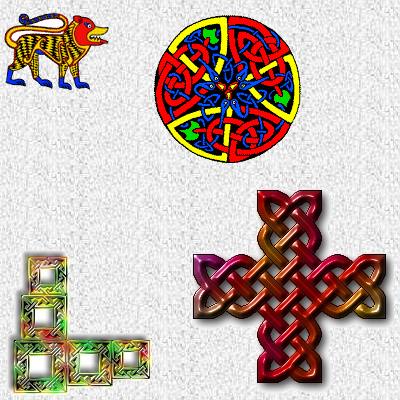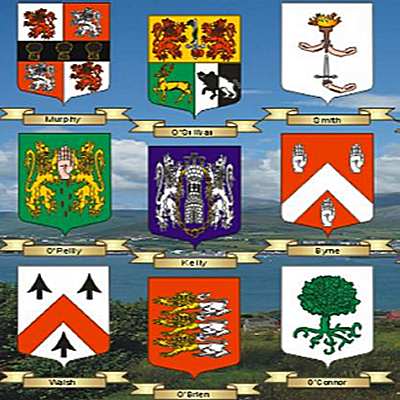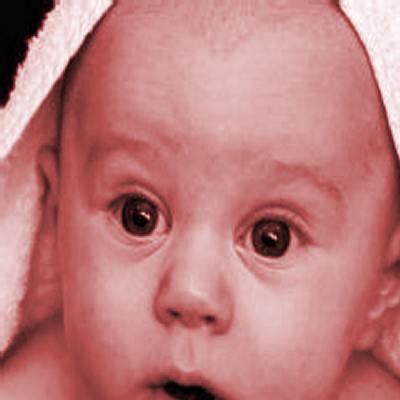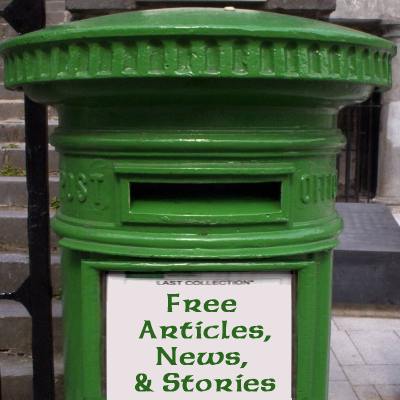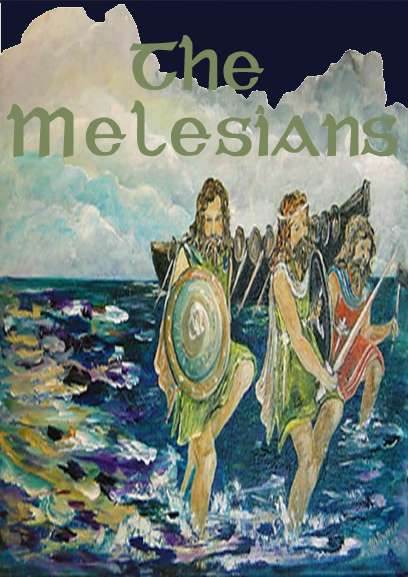
The story of the Milesians begins in Scythia in the very south-eastern part of Europe in the millennium before Christ. These were a nomadic people famed for their prowess with horses. They were ruled by King Fenius who had a grandson named Gaedhuil, or 'green gael'. Having been bitten by a snake the boy was taken by his father to Moses, who cured him with his staff.
Moses told the boy that he would travel to a land without snakes, an island to the west, where his descendants would remain.
The boy travelled throughout Europe and settled in Spain where he was known as Milesius and became King. His brother, Ith, discovered the island that Moses had told him about, but was killed by the Tuatha de Danaan, the people of the Goddess Danu. By this time Milesius had also died but his wife, Scota, and his sons, swore vengeance on the Tuatha de Danaan and set off for Ireland. Victory was theirs despite Scota being a casualty of the war. The sons of Milesius, Eber and Eremon, became rulers of Ireland, the land without snakes. The two rulers divided the country between them with Eber ruling the North and Eremon the South. Needless to say, the peace of the land was short-lived with a battle ensuing to claim the hill of Tara. Eremon prevailed, and became King of Ireland.
Academic scholars are unsure of when exactly the Milesian invasion occurred. Some estimate it at 1000 bc, others as early as 3500 bc. Despite the difficulty with verifying traditions and legends there is good evidence to prove the existence of the Milesians as a Celtic race of people. The descendants of the Milesians include 'Niall of the Nine Hostages' (from whom all O'Neills are descended), Conn of the Hundred Battles, and Ugani Mor. It is based on this pedigree that the Milesians are regarded as the true fathers of the Irish people.

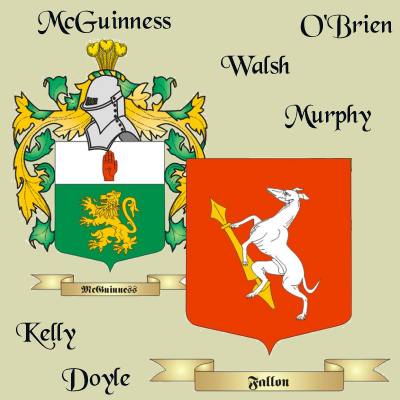 Your Family Crest
Your Family Crest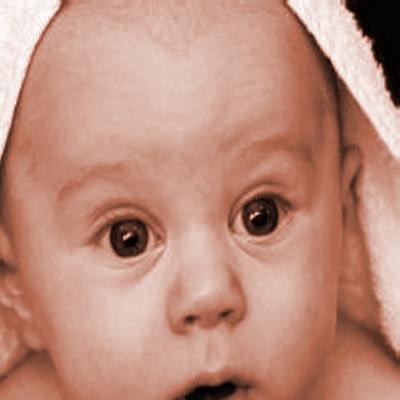
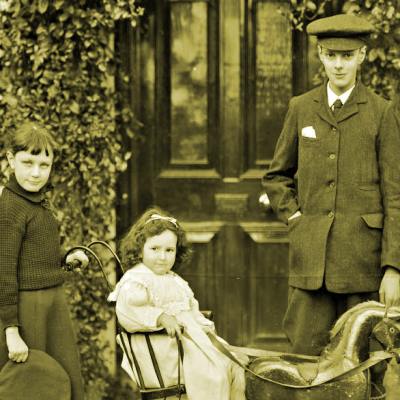 Irish Roots Search
Irish Roots Search